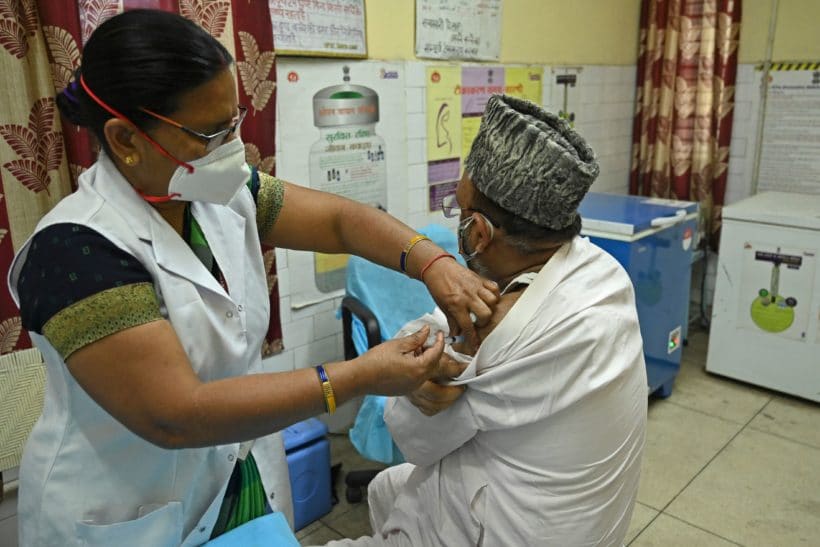
How To Disinfect Against Coronavirus in Nigeria
May 30, 2020
FG To Kill Pests In 12 Northern States With N13bn
June 13, 2020WHO Finally Changes COVID-19 Face Mask Guidance

Coronavirus: WHO advises to wear masks in public areas
The World Health Organization (WHO) has changed its advice on face masks, saying they should be worn in public where social distancing is not possible to help stop the spread of coronavirus.
The global body said new information showed they could provide “a barrier for potentially infectious droplets”.
Some countries already recommend or mandate face coverings in public.
The WHO had previously argued there was not enough evidence to say that healthy people should wear masks.
However, WHO director-general Dr Tedros Adhanom Ghebreyesus said on Friday that “in light of evolving evidence, the WHO advises that governments should encourage the general public to wear masks where there is widespread transmission and physical distancing is difficult, such as on public transport, in shops or in other confined or crowded environments”.
What is the WHO’s advice?
The organisation said its new guidance had been prompted by studies over recent weeks.Dr Maria Van Kerkhove, the WHO’s technical lead expert on Covid-19, told Reuters news agency the recommendation was for people to wear a “fabric mask – that is, a non-medical mask”.
Fabric masks should consist of “at least three layers of different material” in order to be effective, the WHO says.
However, those aged over-60 and with underlying health risks should wear medical masks in areas where there is community transmission.
At the same time, the WHO stressed that face masks were just one of a range of tools that could be used to reduce the risk of transmission – and that they should not give people a false sense of protection.“Masks on their own will not protect you from Covid-19,” Dr Tedros said.
Big shift in guidance
This is a big shift in the WHO’s guidance on when the public should cover their faces. For months, the organisation’s experts stuck to the line that masks would encourage a false sense of security and would deprive medical professionals of badly needed protective equipment.Those arguments have not gone away but at the same time the WHO acknowledges that new evidence has emerged on the risks of transmission.
It points to recent research that people can be highly infectious in the few days before they show symptoms and that some people catch the virus but never show symptoms at all, as I reported last weekend.
So where distancing is not possible, such as on public transport and in locations as varied as shops and refugee camps, it is suggested that faces are covered with homemade masks to avoid passing on the infection.
Over 60s with underlying health conditions should go further, the WHO said, and wear medical-grade masks to give themselves better protection.



